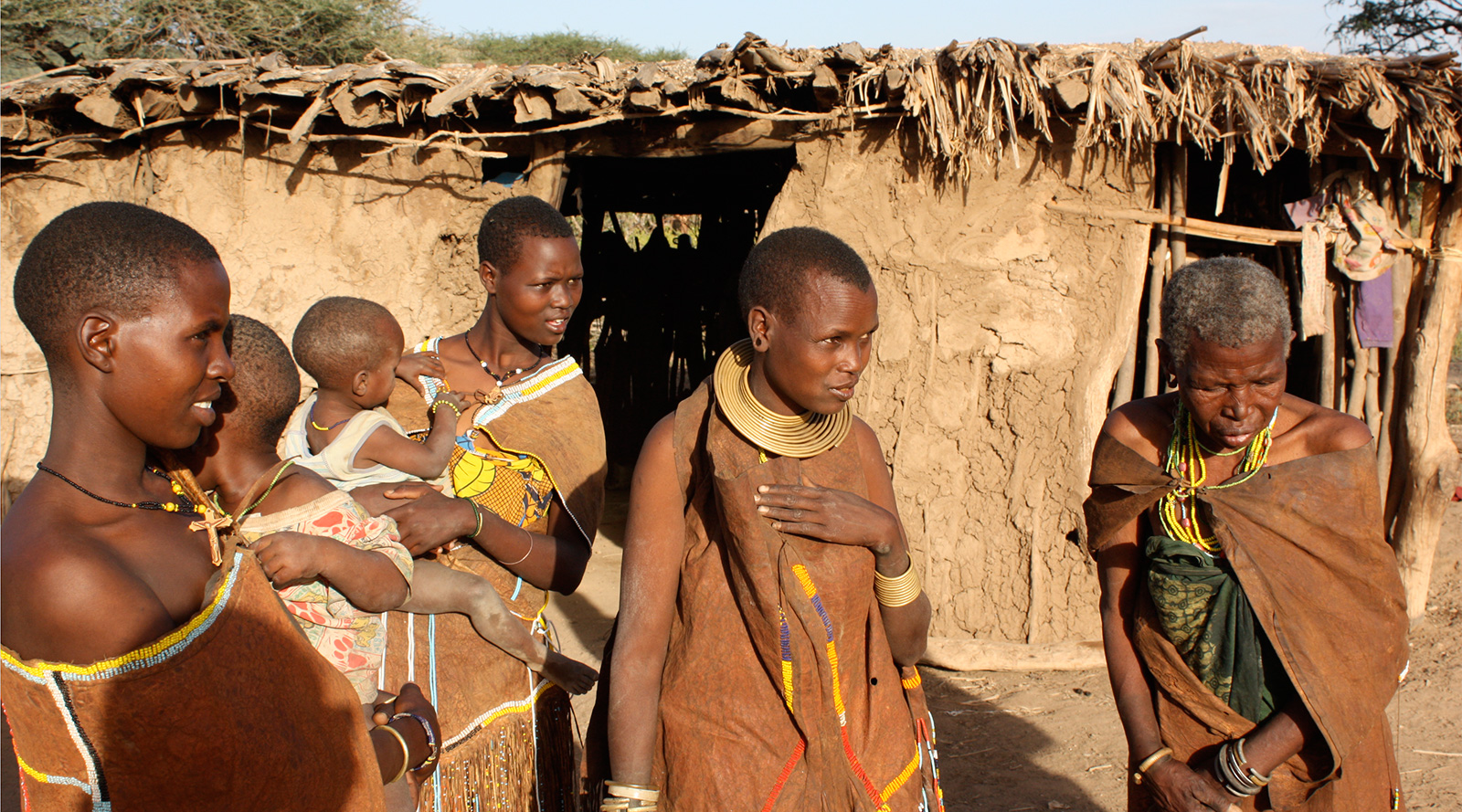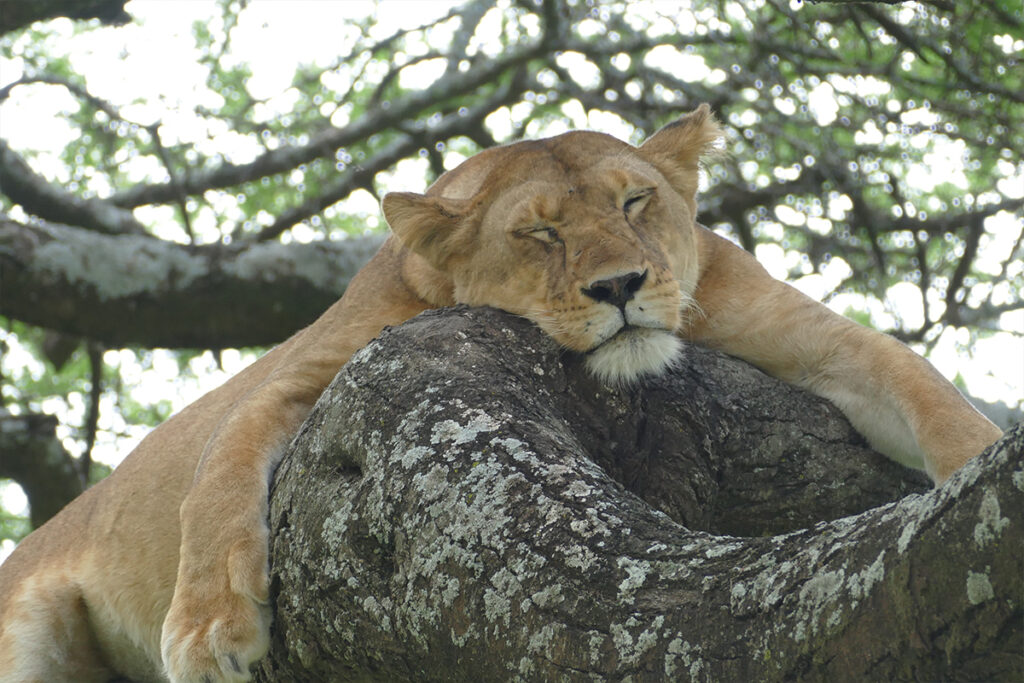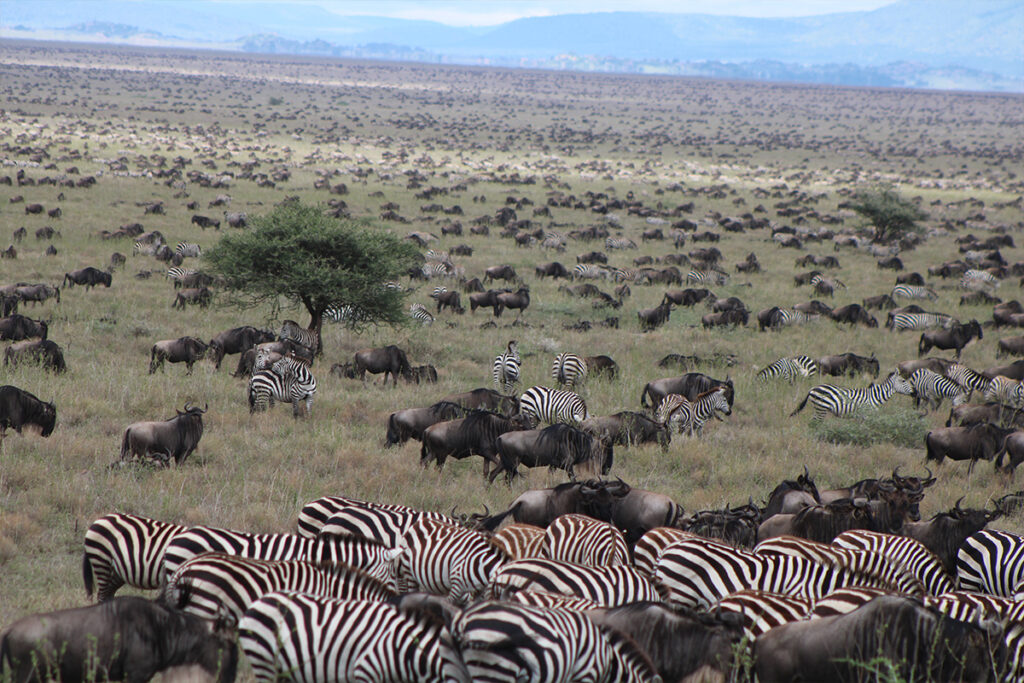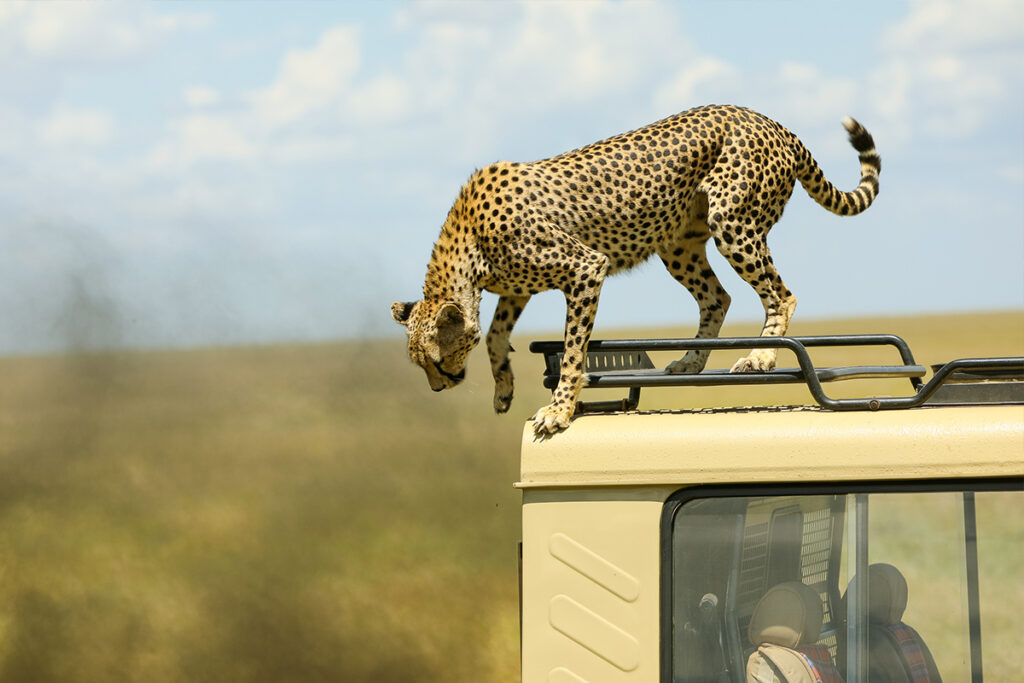In the rural expanses of Tanzania, the Datoga tribe thrives, renowned for their unique brass craftsmanship that is as old as it is intricate. Their method involves melting brass collected from scrap metal, a skill passed down through generations, highlighting their resourcefulness in transforming waste into art. This traditional craft not only sustains the community economically but also preserves a vital cultural legacy.
Historically, the Datoga have been semi-nomadic pastoralists, with a profound connection to their livestock, which forms the backbone of their culture and economy. Despite modern challenges, over 200,000 Datoga people uphold these age-old traditions, reflecting incredible resilience. Their social structure is equally intriguing, characterized by a lineage system that dictates social relations and responsibilities within the tribe.

Datoga Tribe: Unique Traditions and Culture
The Datoga tribe, nestled in Tanzania, is renowned for its vibrant cultural tapestry. One of their fascinating traditions is crafting beautiful brass jewelry. They use recycled brass to create necklaces, bracelets, and earrings. Each piece tells a story, connecting the past with the present. This artistry is vital for their community, as it supports their economy and cultural heritage.
The Datoga people have a special bond with livestock, particularly cattle. Livestock is not just an economic asset; it holds spiritual and social significance. Family wealth is often measured by the number of cattle one owns. These animals are deeply woven into their social fabric, affecting marriage arrangements and communal gatherings. According to the article, their relationship with cattle shapes their identity.
Social order within the Datoga tribe is maintained through a lineage system. This system assigns roles and responsibilities to individuals, ensuring that community operations run smoothly. Elders play a crucial role, guiding younger generations with wisdom. Their advice is cherished, steering the community’s future path. Here is the post that highlights their respect for tradition and collective values.
Despite holding on to their rich traditions, the Datoga face modern challenges. Access to education and healthcare remains limited, affecting their quality of life. They are also grappling with environmental issues, which threaten their way of living. Yet the Datoga tribe continues to adapt while preserving its culture. Their resilience is a testament to their lasting heritage and tenacity.
Cultural Experience: Tribes Of Tanzania | Safari365
Insight into the Datoga’s Rich history
The Datoga tribe has a long and storied history stretching back centuries. Originating from the Nilotic-speaking peoples, they migrated into Tanzania many years ago. This historic journey shaped their identity and cultural practices. The tribe’s rich oral traditions are pivotal in preserving their past. These stories are passed down through generations, keeping their history alive.
Engaging ceremonies and rituals are deeply rooted in their historical traditions. They celebrate events like harvests and initiations with great reverence. Traditional dances and songs mark these occasions, each move telling tales of their ancestors. Their rituals strengthen community bonds and affirm their cultural identity. The article draws attention to their sacred rituals and ceremonies.
Over the years, the Datoga have adapted to various changes while holding tight to their heritage. They have faced challenges such as colonization and modern influences. Despite this, they continue to practice their ancestral customs. This balance between old and new showcases their resilience. Their ability to adapt while keeping their culture vibrant is noteworthy.
Historical sites and artifacts of the Datoga provide glimpses into their rich past. Items like traditional tools and ornaments reflect their craftsmanship and daily lives. Some of these artifacts are displayed in local museums. These exhibits help educate the younger generation and visitors about the Datoga’s historical journey. Their history is a testament to their enduring heritage.
The Distinctive Art of Brass Craftsmanship
The Datoga tribe is renowned for their exceptional skill in brass craftsmanship. This age-old tradition involves transforming discarded metals into beautiful jewelry and tools. The process requires precision and creativity, using simple yet effective techniques. Artisans often work in open spaces, shaping metal by melting and molding it. This craftsmanship not only illustrates their skill but also their commitment to sustainable practices.
The artisans create a range of brass items, each with its unique design and purpose.
- Necklaces
- Bracelets
- Earrings
are among the most popular products. Each piece reflects a part of the tribe’s cultural story. Designs often feature symbols important to the Datoga, connecting wearers to their heritage. This art form serves as a meaningful link between the past and present.
Training in brass crafting typically starts at a young age. Children learn by observing elders and practicing simple tasks. This mentorship ensures the knowledge is passed down accurately through generations. Developing these skills takes time and dedication, honoring their ancestors’ legacy. The entire process maintains the tribe’s traditions and strengthens community bonds.
Brass craftsmanship significantly impacts the Datoga’s economy. The jewelry and artifacts they produce are sought after by collectors and tourists alike. This demand helps sustain their livelihoods and supports their community development. As a result, the Datoga tribe continues to thrive while preserving their cultural practices. Their dedication showcases their love for this remarkable art form.
Datoga’s deep-rooted connection with Livestock
The Datoga tribe’s connection with livestock is profound and integral to their culture. Cattle, in particular, play a crucial role in their daily lives. Livestock are not only a source of food but also symbols of wealth and status. Owning numerous cattle signifies prosperity and honor within the community. This deep bond with their animals is a testament to their pastoral heritage.
Livestock are involved in various significant rituals and ceremonies. For example, cattle are exchanged during marriage agreements, signifying the union between families. Specific animals are also sacrificed during important events to honor deities and ancestors. These practices are deeply embedded in their tradition. The ceremonies themselves are a way to reaffirm their cultural values.
Beyond their ceremonial importance, livestock are vital for sustenance. The Datoga utilize cattle for milk, meat, and hides. Milk is a staple in their diet and can be consumed fresh or fermented. This nutritional dependence highlights the practicality of their livestock connection. The utilization of every part of the animal ensures nothing is wasted.
Raising livestock requires knowledge and skill, passed down through generations. Herding techniques and animal husbandry are taught from a young age. This education includes understanding animal behavior, health, and breeding practices. Their expertise helps maintain the health and productivity of their herds. It also ensures that their pastoral way of life continues.
The Datoga’s relationship with their livestock extends to their spiritual beliefs. Cattle are considered sacred, with certain rituals dedicated to their care and well-being. These spiritual practices reveal a deep respect for their animals. Their beliefs intertwine with their daily practices, strengthening their bond with livestock. This holistic approach to life sets them apart.
Livestock also play a role in the social and economic structures of the tribe. Decisions regarding community resources often involve livestock considerations. This connection ensures that every member recognizes the value and importance of their animals. The future of the tribe, therefore, is closely linked to the well-being of their herds. Their reliance on livestock is a defining feature of the Datoga identity.
The Social Structure of the Datoga Tribe
The Datoga tribe’s social structure is complex and deeply rooted in their traditions. Their society is organized into clans, each with its unique roles and responsibilities. These clans form the backbone of their community, maintaining order and cohesion. Elders are highly respected and play a pivotal role in decision-making. Their wisdom and guidance are crucial for the tribe’s well-being.
Marriage and family are central to the Datoga social system. Marriages are typically arranged and involve negotiation between families. A significant element of these arrangements is the exchange of livestock, often cattle. This exchange symbolizes the connection between families and ensures mutual respect. Strong family bonds are maintained through regular gatherings and communal activities.
Education within the Datoga tribe is mostly informal and occurs through observation and participation. Young members learn essential skills from elders and mentors. Learning includes practical skills like herding and craftsmanship, as well as cultural knowledge. Oral tradition is vital for passing down stories, beliefs, and customs. This method preserves their heritage and ensures continuity.
Leadership in the Datoga tribe is usually held by the most senior members of the community. These leaders are chosen based on their experience, wisdom, and ability to lead. They are responsible for settling disputes and making important decisions for the tribe. Leadership is not only about power but also about serving and supporting the community. This system ensures a balanced and harmonious society.
The Datoga also have specific rituals and ceremonies that highlight their social structure. Events like initiations and harvest festivals are crucial for community bonding. These ceremonies involve elaborate preparations and participation from all community members. They serve to strengthen social ties and reinforce their cultural identity. Such traditions are integral to maintaining social order and cohesion.
In the Datoga social structure, everyone has a role to play. From elders to children, each person contributes to the tribe’s success. This sense of community and shared responsibility ensures that the Datoga people thrive. Cooperation and mutual support are central values that guide their everyday lives. The tribe’s social structure is a unique blend of tradition, respect, and communal spirit.
Modern Challenges faced by the Datoga Community
The Datoga community faces several modern challenges that threaten their way of life. One major issue is limited access to education. Schools are often far from their settlements, making regular attendance difficult. Additionally, educational resources are scarce, affecting the quality of education. This gap hinders the community’s ability to progress and compete in modern society.
Healthcare is another area where the Datoga struggle. Basic medical facilities are few, and access to them is challenging. Many people suffer from treatable diseases due to the lack of healthcare services. Traditional medicine is commonly used, but it cannot always address serious health issues. This situation leads to higher mortality rates and a lower quality of life.
Environmental changes also pose a significant threat to the Datoga. Climate change and deforestation have impacted their pastoral lifestyle. Unpredictable weather patterns affect livestock health and crop yields. Additionally, land encroachment by agriculture and development reduces grazing areas. These environmental pressures make it difficult for the Datoga to sustain their traditional practices.
Economic challenges further complicate their situation. The Datoga’s primary source of income is pastoralism, but market access is limited. Selling livestock and handmade goods outside their community is often difficult. Economic isolation prevents them from improving their financial status. This cycle of poverty is challenging to break without external support.
The Datoga also face cultural preservation issues. As modernization spreads, younger generations are tempted to leave traditional ways behind. This shift threatens the transmission of cultural knowledge and practices. Efforts to preserve their heritage are crucial to maintaining their identity. Programs that document and teach traditional skills can help bridge this gap.

Frequently Asked Questions
The Datoga tribe is a fascinating community deeply rooted in Tanzania. Their traditions and customs offer a unique glimpse into their rich heritage and cultural identity.
1. How does the Datoga tribe use their livestock?
Livestock are essential to the Datoga people, deeply integrated into their lives. They provide a primary source of food through milk and meat. Cattle also hold social importance, representing wealth and prosperity within the tribe. They are often exchanged during marriages, solidifying family bonds and social ties.
In addition to their economic value, livestock play crucial roles in rituals. They are used in ceremonies to honor ancestors and mark significant life events. The Datoga are skilled herdsmen, with knowledge passed down through generations. This ensures the health and productivity of their livestock, enabling their pastoral lifestyle to thrive.
2. What are some of the Datoga’s traditional crafts?
The Datoga tribe is renowned for their remarkable brass craftsmanship. They create intricate jewelry, like necklaces and bracelets, from recycled metals. This art form is vital to their identity, providing both economic benefits and preserving their cultural heritage. Crafting with brass connects them to their ancestors and environment.
The art of beadwork is another traditional skill, involving vibrant designs and patterns. Beadwork is often showcased in their clothing and adornments, symbolizing various cultural meanings. These crafts are crucial for cultural expression and community bonding. As a result, their craftsmanship continues to be an essential part of their identity.
3. How do the Datoga educate their younger generations?
Education in the Datoga community is often informal and hands-on. Children learn by observing and participating in daily activities, acquiring practical skills. Skills like herding and crafting are taught this way, ensuring cultural practices are passed down. Elders and mentors play a significant role in guiding the younger generation.
Storytelling is another key aspect of their education, preserving oral history and traditions. These stories convey important life lessons, beliefs, and values. The combination of practical learning and storytelling nurtures a deep understanding of their heritage. This approach helps maintain cultural continuity and identity.
4. What challenges does the Datoga tribe face today?
Today, the Datoga tribe faces numerous challenges, including limited access to education. Schools are often distant, making attendance difficult. Additionally, healthcare facilities are scarce, leading to preventable health issues. The community also contends with environmental changes affecting their pastoral lifestyle.
Encroachment on their lands further challenges their traditional practices. Economic isolation limits their income opportunities, contributing to poverty. Despite these obstacles, the Datoga remain resilient, striving to preserve their culture. Continued adaptation and external support are crucial for their future prosperity.
5. How do rituals and ceremonies shape the Datoga community?
Rituals and ceremonies are central to the Datoga community, reinforcing social bonds. Events like initiations and harvest festivals mark key life stages. Ceremonies often involve elaborate preparations, engaging the entire community. These practices strengthen their cultural identity and sense of belonging.
Each ceremony is imbued with meaning, fostering unity and continuity. Rituals serve to honor their ancestors and uphold their spiritual beliefs. Through these events, the Datoga community maintains its rich cultural heritage. Ceremonial practices ensure that their traditions endure for future generations.
Tribal girl marriage #tribalmarriage #shortvideo #short
Conclusion
The Datoga tribe encapsulates a unique blend of tradition and resilience in the face of modern challenges. Their rich cultural practices, notably livestock herding and brass craftsmanship, testify to their dedication to preserving heritage. Despite external pressures, the Datoga community remains committed to its values and identity.
As they navigate the complexities of contemporary life, the Datoga balance ancestral traditions with necessary adaptations. Their story speaks to their enduring spirit and cultural richness. Support and understanding from the global community can aid their efforts, ensuring their cultural legacy thrives for generations to come.



